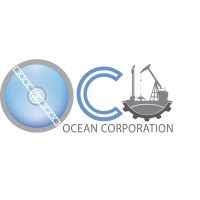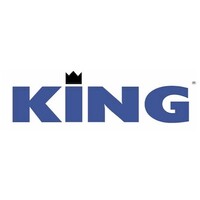
OCEAN CORPORATION
Ocean Corporation (OC), as a group of professional engineers providing Integrated Quality Solutions to Industrial & Commercial sectors of Pakistan by putting together Application Engineering Expertise; Supply Chain Support; Project Integration Capabilities to work for them up to their utmost satisfactions. Industrial Technology Solutions for Oil & Gas, Petrochemical & Power Sectors (Includes Process & Utility Equipment; Mechanical & Control Valves, ESD & BDV valves) Water & Wastewater Treatment Solution (Including Treatment Plants & Packages, Consultancy & Contracting Services, Blower, Pumps & Equipment, Treatment Chemicals) Fire Protection Products & Services Contracting & Consultancy for Industrial Utility & Water/WWT plants projects For inquiries contact: 0092 321 8498136 email us: [email protected]; [email protected] www.oceancorpn.com #reducereuserecycle #watertreatment #mechanical #petrochemical #oilandgasindustry #power






